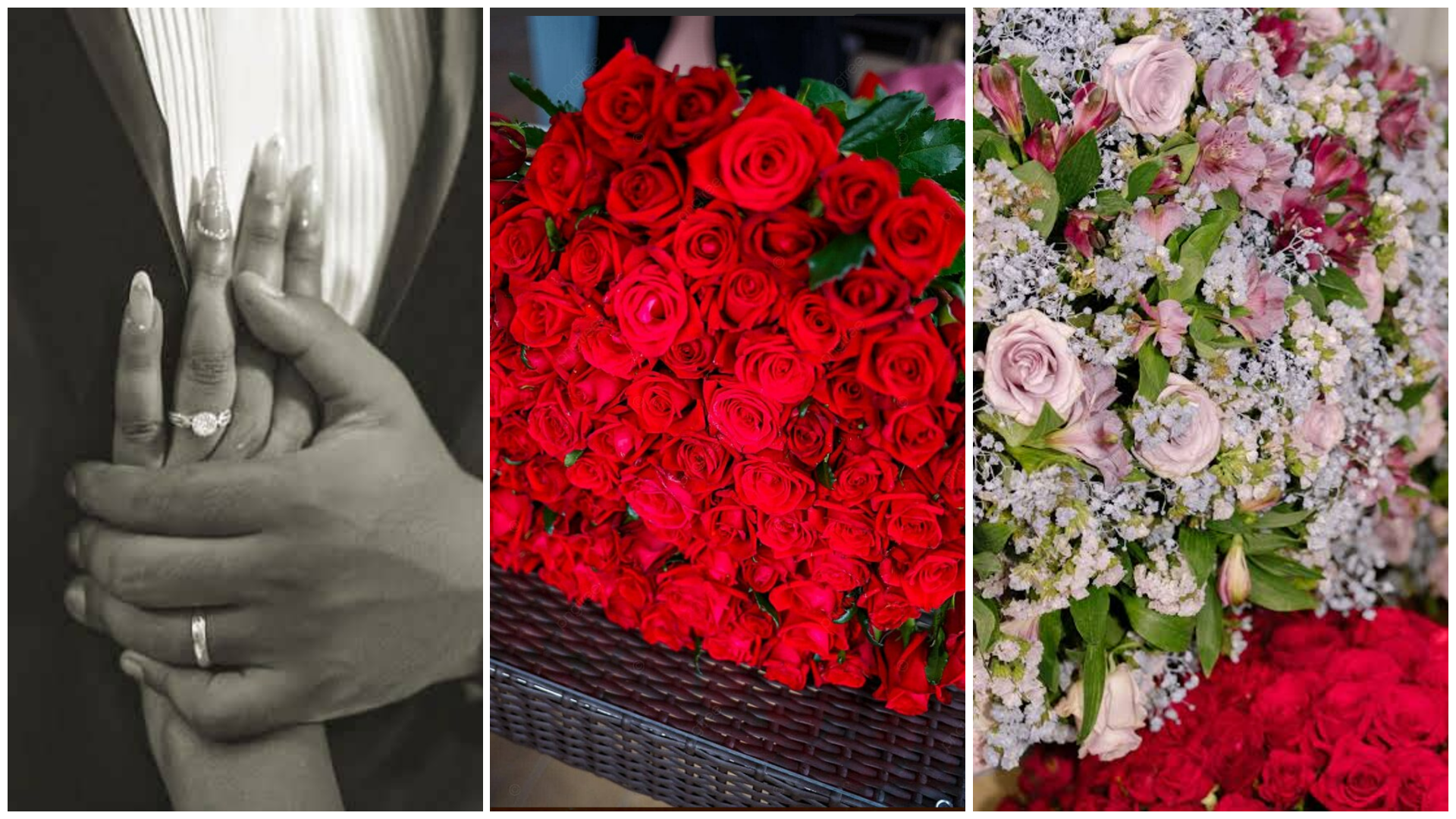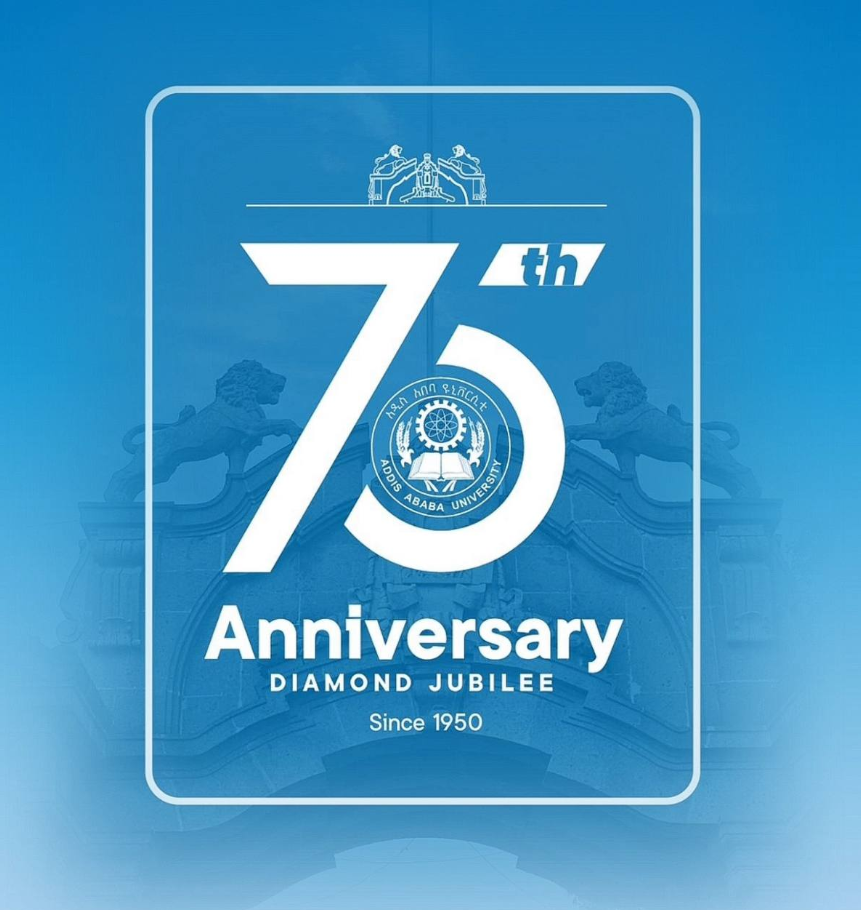By: Staff Contributor
Whenever I scroll through Ethiopian TikTok, I inevitably stumble upon dazzling videos of what we proudly call ሽምግልና (Shimglina). For those unfamiliar, this is far more than just a pre-wedding event; it is the vital, traditional ceremony of mediation or arbitration by a group of highly respected elders, or Shimagelay. It is the bedrock upon which our marriages are built. This is the moment, steeped in history and reverence, when the groom’s family formally sends these distinguished emissaries to the bride’s parents’ home.
Their mission? To humble themselves, formally ask for the bride’s hand, and negotiate the betrothal. The traditional process itself is marked by its profound simplicity and deep respect. It begins with The Proposal, where the elders, representing the groom, present his character, his family’s reputation, and their collective readiness to join the new family. This is followed by the deliberation, where the bride’s family traditionally asks the elders to step out for a crucial, private moment—a space for heartfelt, sometimes emotional, discussion before a final decision is reached. Finally, once the acceptance is granted, we reach the stage of Consent and Celebration. The elders are invited back, the collective relief and joy are palpable, consent is given, the engagement is acknowledged, and only then, often with a simple, shared meal (sometimes including dabo or shiro), does the celebration begin. Crucially, in our tradition, the elders often don't even sit down until the good news is confirmed.
Lately, though, especially with high-profile Ethiopian celebrities, the Shimglina has undergone a dramatic, almost unrecognizable, transformation. The traditional Shimagelay—the venerable, wise elders—are often replaced by famous personalities, successful entrepreneurs, or well-known public figures. They are chosen not just for wisdom but for star power. This is where I, and many other Ethiopians, start to scratch our heads. In these celebrity affairs, the Shimglina has become its own full-blown wedding! Forget the discreet gathering of two families.
We are now seeing convoys of luxury vehicles accompanying the so-called "elders," flower budgets that can easily soar up to, or even beyond, 2 million Birr, giant teddy bears, designer gifts, and the utterly ridiculous five-star luncheon that follows. It makes you wonder: If you’re spending a fortune on Shimglina, why not just call it the wedding and save us all the commotion? Why duplicate the effort and expense by throwing another grand wedding, followed by the inevitable post-wedding reunion, or Meles? It feels like doing the same thing twice, simply for the sake of two separate social media spectacles.
I was chatting with a friend, and she proposed a theory that makes a lot of sense in the age of influence: these high-profile couples are often getting all these lavish elements for free or heavily discounted. It's a calculated marketing exchange—the celebrities promote the decorator, the catering service, the florist, and the event planner in exchange for the extravagant décor and food. It’s essentially a free, multi-million-birr promotion. This brings me to the core of my discomfort—the exorbitant spending on perishable items. Why allocate a life-changing sum to flowers that will wilt in a week, alcohol that will be consumed in a day, or fleeting décor? For a young Ethiopian couple starting life, wouldn't that immense capital be better spent on an investment that truly lasts? Imagine putting that 2 million Birr towards a down payment on a house, a reliable car, or perhaps a more meaningful dowry, which would genuinely support the new union. For me, money spent on flowers and alcohol, when there are deeper, more enduring needs, feels like the biggest waste of all.
Perhaps I'm looking at this through the lens of the majority, for whom a million birr is a profound, life-altering sum. I know many Ethiopians who have far more important things to spend their hard-earned money on: a child’s education, expanding a small business, or providing for their extended family. The disconnect is vast. And the saddest irony of all? These hyper-expensive, superficial weddings don't often guarantee longevity. We frequently see these spectacular unions dissolving in less than two years. All that fanfare, all that expense, and they couldn’t even build a lasting life together.
Of course, I understand completely: it is their money, and they have the absolute right to celebrate their union however they choose. They are not obligated to feel guilty about those who have less. But for me, and I believe for many across our nation who value community and legacy, the preference remains a meaningful, grounded marriage that is not superficial, and a life, in general, that is people-centered rather than material-centered. We cherish our traditions because they were built on respect and commitment, not on a viral marketing budget. Let's not lose the profound meaning of Shimglina to the transient spectacle of a million-birr photo op.




